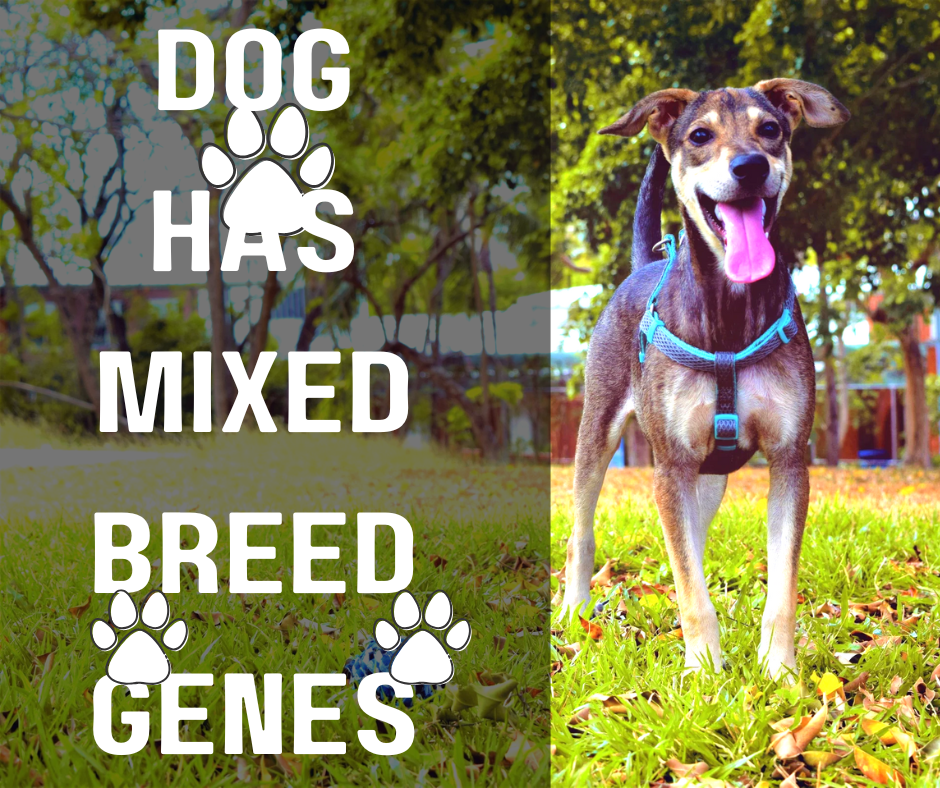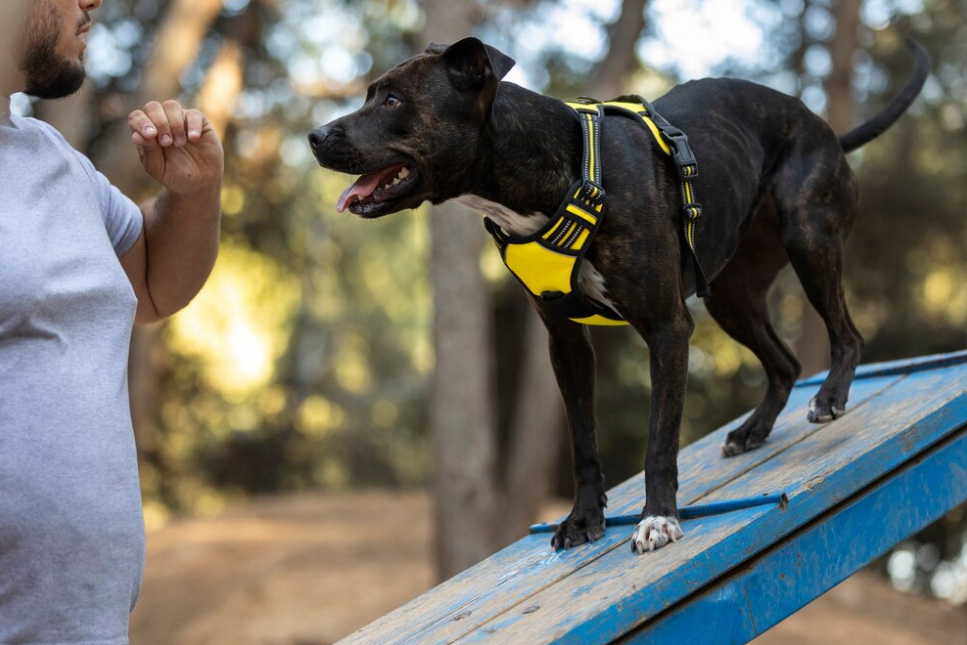If you’ve ever wondered why your dog always seems to be hungry, you’re not alone. It’s a common concern among pet owners and can be influenced by various factors. Understanding why your dog is constantly hungry involves examining their diet, health, and behavioral factors. Here’s a detailed look into the possible reasons your dog might be perpetually hungry.
1. Nutritional Imbalance
One of the most common reasons dogs might seem constantly hungry is a nutritional imbalance. If your dog’s diet lacks essential nutrients, they may not feel satisfied even after eating. Ensure your dog’s food is well-balanced and meets all their nutritional needs. High-quality dog foods should contain the right proportions of proteins, fats, carbohydrates, vitamins, and minerals. Check the ingredient list and nutritional information on the dog food bag to confirm it’s appropriate for your dog’s age, size, and activity level.
2. Inadequate Portion Sizes
Sometimes, a dog’s hunger can be attributed to the portion sizes of their meals. If you’re feeding your dog too little, they might always be searching for more food. Ensure that you’re providing the recommended amount based on your dog’s size, weight, and activity level. Consult your veterinarian for guidance on proper portion sizes and feeding schedules.
3. Increased Metabolism
Certain factors can increase a dog’s metabolism, causing them to feel hungrier. Active or working dogs may require more calories to fuel their energy needs. Additionally, young puppies and pregnant or nursing dogs have higher nutritional demands. If your dog falls into one of these categories, their increased hunger might be a normal response to their elevated metabolism.
4. Medical Conditions
Persistent hunger can sometimes be a symptom of an underlying medical condition. Some health issues that can cause increased appetite include:
- Diabetes: Dogs with diabetes may experience excessive hunger due to imbalanced blood sugar levels. Along with constant hunger, symptoms might include increased thirst, frequent urination, and weight loss.
- Hyperthyroidism: This condition, though rare in dogs, involves an overactive thyroid gland, which can increase appetite and lead to weight loss.
- Cushing’s Disease: This condition involves an overproduction of cortisol, which can lead to increased appetite and thirst.
- Parasites: Intestinal parasites, such as worms, can cause increased hunger and weight loss as they consume nutrients from your dog’s food.
If your dog’s constant hunger is accompanied by other symptoms like weight loss, lethargy, or changes in thirst or urination, consult your veterinarian for a thorough examination and appropriate tests.
5. Behavioral Factors
Sometimes, increased hunger can be attributed to behavioral factors rather than physical needs. Dogs might beg for food out of habit or due to learned behaviors. If you’ve unintentionally rewarded begging with treats or table scraps, your dog might associate begging with receiving food. Establishing consistent feeding routines and avoiding giving in to begging can help address this issue.
6. Boredom or Lack of Stimulation
Dogs might eat more if they’re bored or lack mental and physical stimulation. Dogs need regular exercise and mental enrichment to stay healthy and happy. If your dog is bored, they might eat more out of habit or to fill the void. Providing engaging toys, interactive games, and regular exercise can help reduce boredom and associated hunger.
7. Dietary Changes
If you’ve recently changed your dog’s food, they might be experiencing increased hunger due to differences in ingredients or calorie content. Switching dog foods should be done gradually to prevent digestive issues and help your dog adjust. Monitor their appetite and adjust portion sizes if needed, and consult your veterinarian if you have concerns about the new food’s nutritional content.
8. Feeding Habits
How and when you feed your dog can impact their hunger levels. Feeding a dog multiple small meals throughout the day can help keep them satisfied and prevent them from feeling overly hungry. Additionally, using puzzle feeders or treat-dispensing toys can make mealtime more engaging and help control overeating.
9. Medical Check-Up
If you’ve addressed the above factors and your dog still seems to be constantly hungry, it’s essential to schedule a veterinary check-up. A thorough examination can help identify any underlying health issues that might be contributing to your dog’s increased appetite. Your veterinarian can provide a proper diagnosis and recommend appropriate treatment or dietary adjustments.
Conclusion
Understanding why your dog is always hungry involves considering various factors, from nutritional needs and portion sizes to potential medical conditions and behavioral habits. By carefully evaluating your dog’s diet, health, and daily routine, you can address the underlying causes of their persistent hunger and ensure they lead a healthy, happy life. If you’re ever in doubt, consulting with your veterinarian is the best course of action to ensure your furry friend’s well-being.












